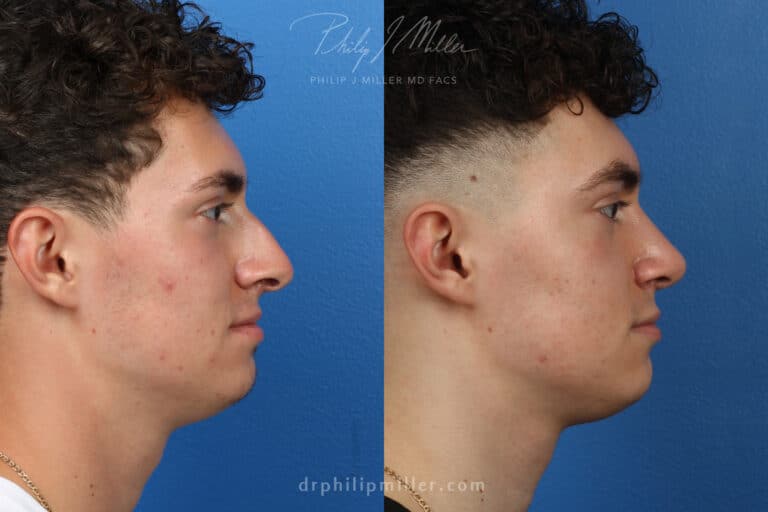A Deep Study the Common Reason for Looking For Cosmetic Surgical Treatment: Unloading the Desire for Modification and Self-Improvement

Societal Stress and Appeal Specifications
Often, social stress and dominating elegance standards play a considerable duty in people' decisions to pursue cosmetic surgery (liposuction bellevue). In contemporary society, visual representation heavily affects personal assumptions of attractiveness, typically bolstered by media, celebrity endorsements, and social platforms. These channels frequently advertise idealized versions of elegance, leading individuals to internalize these requirements and review their self-regard against them

Moreover, these pressures are not restricted to particular demographics; they influence people throughout different ages, sexes, and backgrounds, highlighting the prevalent nature of elegance criteria. This widespread impact increases important inquiries regarding the ethics of cosmetic surgical treatment and the ramifications of social criteria on private options. Ultimately, recognizing these pressures is critical for cultivating an extra inclusive interpretation of appeal that celebrates diversity.
Individual Experiences and Transformative Stories
Numerous people who go through plastic surgery record transformative experiences that extend beyond simple physical adjustments. For many, these treatments act as a catalyst for enhanced self-worth and a restored sense of identity. Individuals frequently explain feeling liberated from long-standing instabilities, resulting in increased confidence in both expert and individual realms.
Take, for instance, the tale of a young lady that undertook boob job after years of sensation awkward about her look. Post-surgery, she reported not only a newly found comfort in her body but additionally a considerable improvement in her social life and job possibilities. Likewise, a middle-aged male who selected to undergo a renovation shared just how the procedure revitalized his outlook on life, prompting him to pursue new interests and relationships.

Psychological Elements Behind Plastic Surgery
Many emotional elements add to the choice to undertake plastic surgery, showing much deeper psychological and psychological health considerations. Individuals often go after surgical improvements as a way to address sensations of insufficiency, low self-esteem, or discontentment with their appearance. These mental inspirations can be rooted in past experiences, social comparisons, or personal aspirations.
Body image distortion is a common concern, where people regard their physical features in an exaggeratedly negative light. This distortion can bring about obsessive thoughts concerning regarded defects, prompting the wish for surgical change as a remedy. In addition, the pursuit of perfection and social stress can enhance these feelings, pressing people toward cosmetic treatments in hopes of attaining an idyllic variation of themselves.
In addition, the principle of self-improvement plays an essential role. Many people watch cosmetic surgery as a pathway to boost their lifestyle, thinking that boosted look will result in raised social approval, far better partnerships, or improved profession chances. Inevitably, the psychological factors behind plastic surgery emphasize the complicated interaction between private self-perception and external impacts, revealing the multifaceted nature of the desire for modification.
The Function of Media in Assumption
In today's culture, media plays an essential role fit understandings of appeal and self-worth. Via different platforms-- social media, tv, and advertising-- idyllic criteria of elegance are often shared, influencing specific aspirations and self-image. These representations frequently stress narrow definitions of good looks, mainly featuring youthful, slim, and digitally enhanced photos, which can create unrealistic benchmarks for individuals aiming to adjust.
The effect of media is more exacerbated by the pervasive nature of social media, where individuals are pounded with curated web content that highlights cosmetic enhancements, supporting a society of comparison. This continuous direct exposure can lead to sensations of inadequacy among customers, motivating them to consider plastic surgery as a way of attaining the regarded ideal. Research study suggests that individuals that involve with these media depictions are most likely to express frustration with their look, strengthening the wish for medical interventions.
Moreover, the normalization of cosmetic surgical treatment in media narratives can desensitize target markets, framing such procedures as commonplace and even required for social approval. Therefore, the media's portrayal of elegance not just influences individual selections regarding cosmetic surgery however also adds to a wider societal dialogue about self-regard and identity.
Future patterns and honest factors to consider
In the middle of the growing appeal of cosmetic surgical procedure, honest factors to consider bordering the method have become progressively noticeable. As the demand for procedures climbs, so too do concerns pertaining to notified approval, the emotional motivations of patients, and the possibility for exploitation by cosmetic surgeons. It is critical for professionals to ensure that clients fully recognize the advantages and risks, along with the effects of their selections, to cultivate a liable strategy to cosmetic improvements.
Furthermore, the influence of social media and beauty criteria questions regarding the effect on psychological company website health, specifically among vulnerable populaces. As understanding of body picture issues expands, moral practice necessitates a cautious evaluation of the inspirations behind surgical interventions. Specialists need to balance person needs with honest obligation, guaranteeing that decisions are rooted in genuine self-improvement instead of societal stress.
Seeking to the future, trends might change towards non-invasive and technically progressed procedures, stressing person security and satisfaction. In addition, the unification of psychological examinations could aid resolve underlying problems prior to surgical treatment. The cosmetic surgical procedure field should adapt to these honest difficulties while promoting a culture of openness and self-acceptance, ultimately prioritizing the well-being of individuals.
Verdict
In verdict, the quest of cosmetic surgical treatment is affected by a convergence of social stress, personal experiences, and mental variables. As ethical considerations advance, future fads in cosmetic surgical treatment will likely mirror recurring societal discussions surrounding self-improvement and private identification.
Frequently, societal stress and prevailing appeal requirements play a substantial function in people' choices to read the full info here pursue cosmetic surgical procedure. liposuction bellevue. Eventually, these transformative stories highlight the complex reasons people seek cosmetic surgical treatment, linking personal growth with the pursuit of aesthetic improvement
Lots of people see cosmetic surgery as a pathway to enhance their quality of life, thinking website link that boosted appearance will lead to boosted social acceptance, much better connections, or improved job chances. Inevitably, the mental aspects behind cosmetic surgery emphasize the complicated interaction between specific self-perception and exterior influences, exposing the multifaceted nature of the wish for adjustment.
As moral considerations advance, future fads in cosmetic surgical treatment will likely show ongoing social discussions surrounding self-improvement and specific identity. liposuction bellevue.